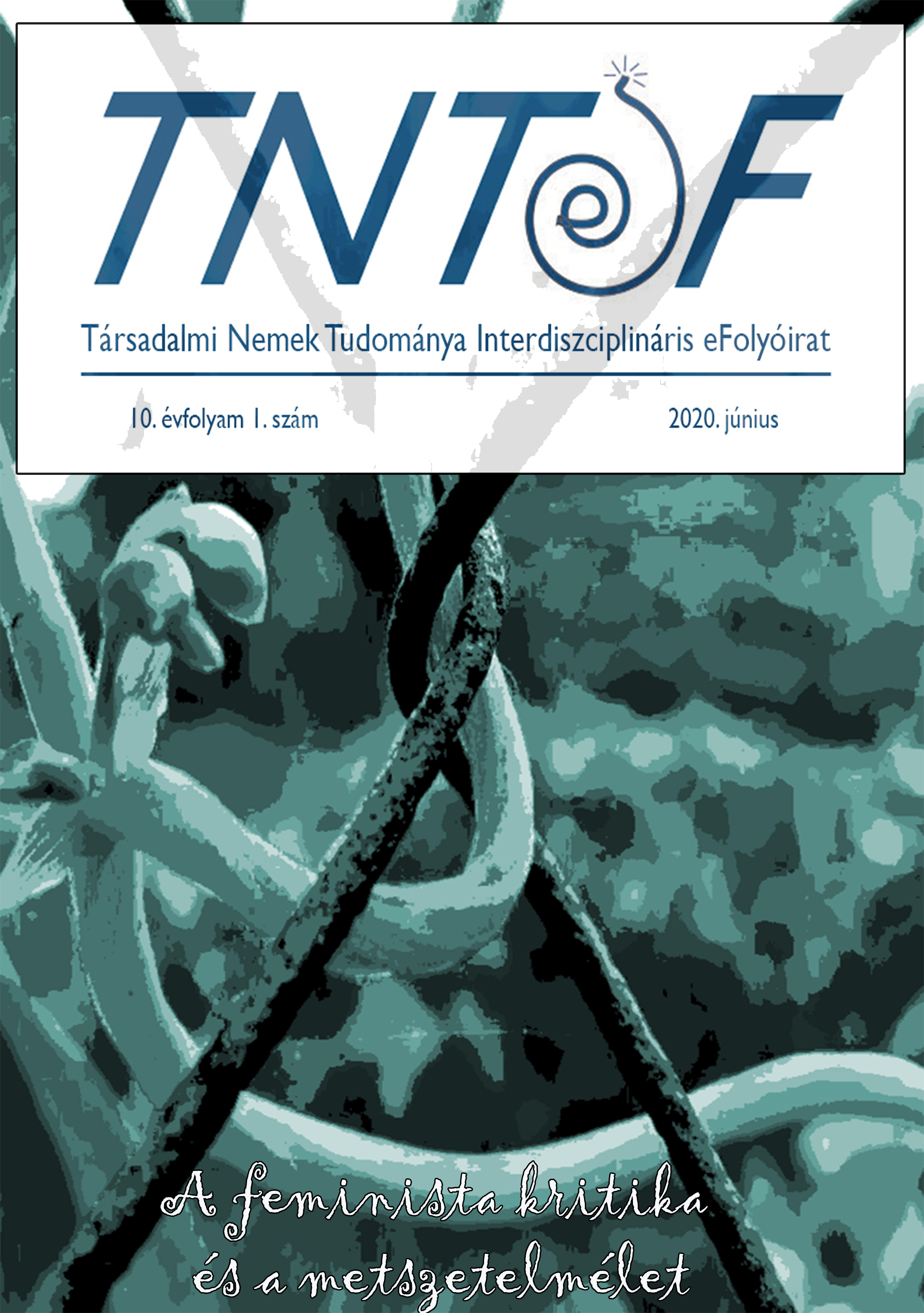The Discursive Construction of ‘Unquestionable Victimhood’ Gender and Class-related Self-representations in the Narrative of a Rape Victim
Main Article Content
Abstract
The discussion of rape cases – in the absence of witnesses and evidences – are often reduced to the question of ‘Who is telling the truth?’ both in the courtrooms and in the media. In this process the credibility and reputation of the accuser and the accused gets evaluated and judged (Phipps 2009). The criminal justice system, the general public and the media usually draws a line between the ‘undeserving’ and ‘unquestionable’ rape victim, which influences the evaluation of the case, the perceived credibility of the victim and thus the level of public sympathy for and solidarity with the victim (Greer 2017, Phipps 2009). ‘Unquestionable victimhood’ is connected to the victim’s perceived position in the gender order (Connell 2000, Schippers 2007) as well as her social class position (Skeggs 1997). This paper analyses the narrative of the rape victim in the 2016 media coverage of the national swimming coach, László Kiss, focusing on gender and class related self-representations. The paper shows how ‘unquestionable victimhood’ and thus credibility is produced discursively through the narrative construction of various gender and class-related identities, how gender and class-related identity positions strengthen and weaken each other, and finally, the ways these discursive acts shape the patriarchal gender order.

